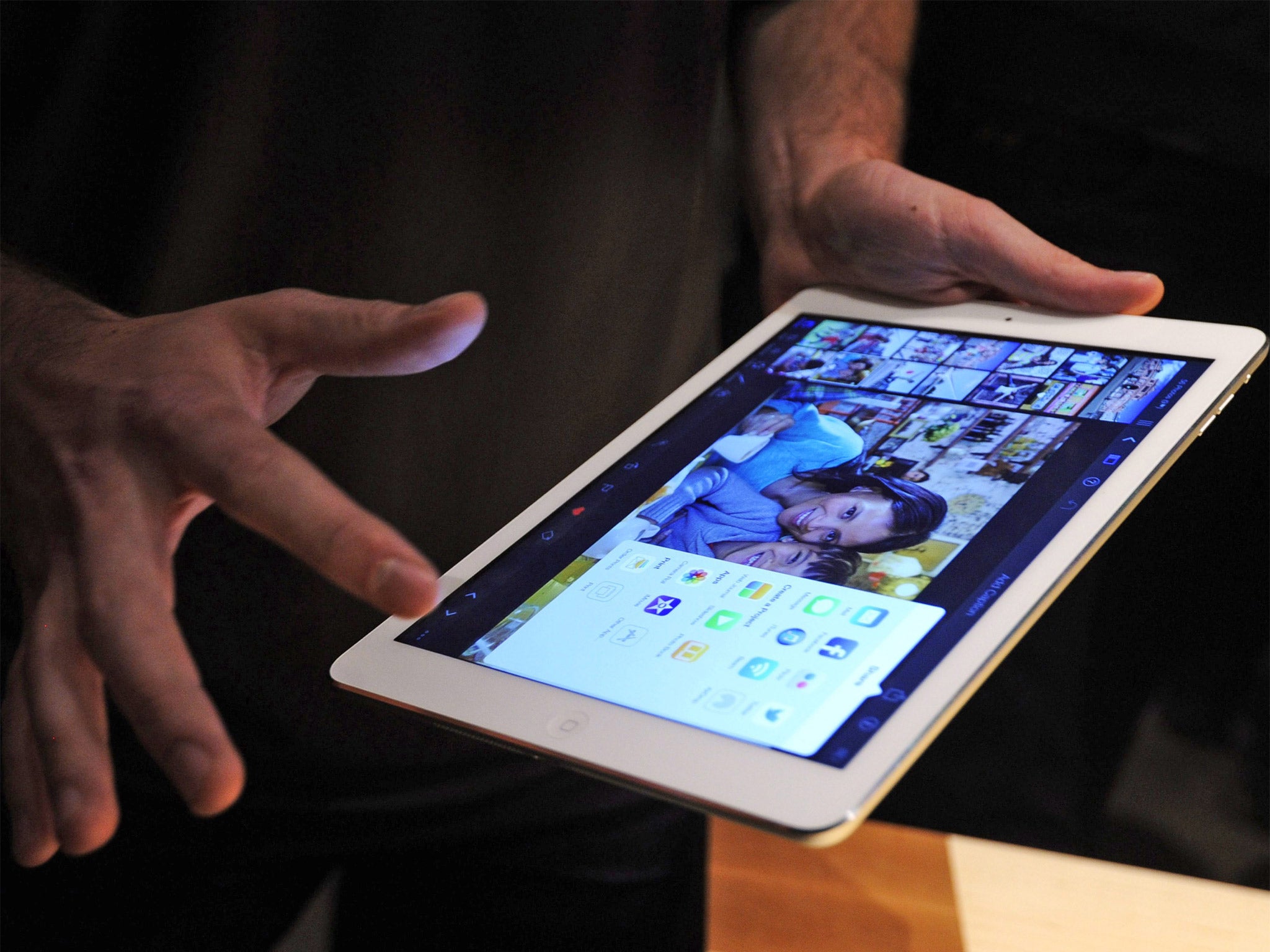Your support helps us to tell the story
From reproductive rights to climate change to Big Tech, The Independent is on the ground when the story is developing. Whether it's investigating the financials of Elon Musk's pro-Trump PAC or producing our latest documentary, 'The A Word', which shines a light on the American women fighting for reproductive rights, we know how important it is to parse out the facts from the messaging.
At such a critical moment in US history, we need reporters on the ground. Your donation allows us to keep sending journalists to speak to both sides of the story.
The Independent is trusted by Americans across the entire political spectrum. And unlike many other quality news outlets, we choose not to lock Americans out of our reporting and analysis with paywalls. We believe quality journalism should be available to everyone, paid for by those who can afford it.
Your support makes all the difference.Britons now spend more time watching TV, using their mobile and on the computer than they do sleeping, according to new research.
The study, by communications regulator Ofcom, found that the average UK adult uses technology for eight hours and 41 minutes a day, 20 minutes longer than they spend in bed.
The research also found - perhaps worryingly - that six-year-olds have the same understanding of using gadgets such as tablets and mobile phones as 45-year olds, whilst people were reaching their peak understanding of digital technology at the age of 14 to 15.
Ofcom chief executive Ed Richards said: “Our research shows that a ‘millennium generation’ is shaping communications habits for the future. While children and teenagers are the most digitally savvy, all age groups are benefiting from new technology.”
Dr Arthur Cassidy, however, a social media psychologist, expressed concerns about the trends revealed in the report: “We are increasingly shifting away from human social interactions and this excessive use of technology presents a developmental concern.
“We are now saturated with digital technology and people are becoming psychologically dependent on their smart phones and technology,” he told The Independent.
Dr Cassidy linked the findings with increasing instances of internet and social media addiction among young people, associated with problems such as lack of attention, focus and quality sleep.
Other key findings of the Ofcom report include evidence that almost nine in 10 of 16 to 24-year olds have a smartphone, using them for an average of three hours and 36 minutes per day.
Young people are also increasingly turning away from talking on the phone, with only three per cent of their communications time spent on voice calls.
The overwhelming majority of their time spent communicating (94 per cent) was text-based, such as using social media sites or instant messaging.
Jane Rumble, head of media research and intelligence at Ofcom, said the data led to the "question whether the millennium generation is losing its voice" or whether children will make voice calls more as they get older.
Tablets were also found to be growing in popularity, with more than four in 10 households now owning a tablet compared to a quarter the previous year.
This rise included the older generation, with 22 per cent of over 65s now owning a tablet compared to just two per cent two years ago.

Join our commenting forum
Join thought-provoking conversations, follow other Independent readers and see their replies
Comments